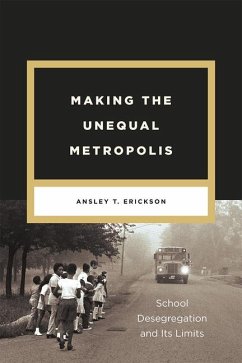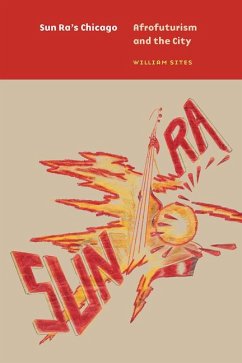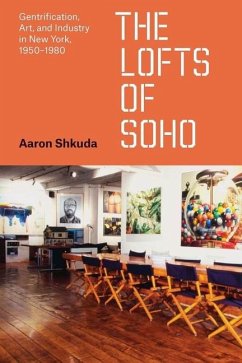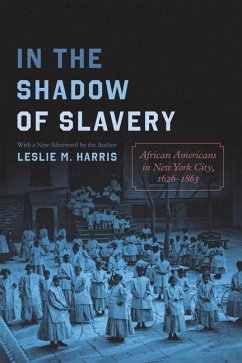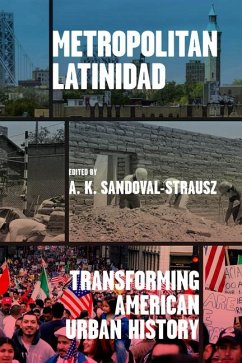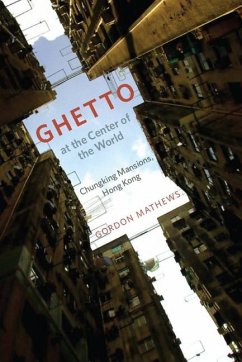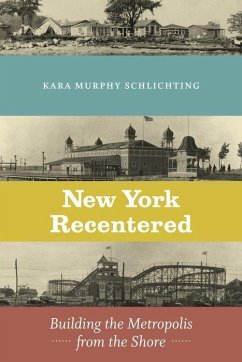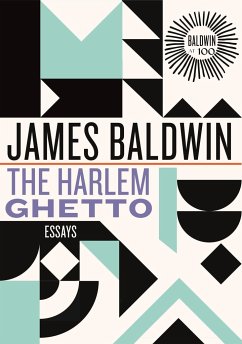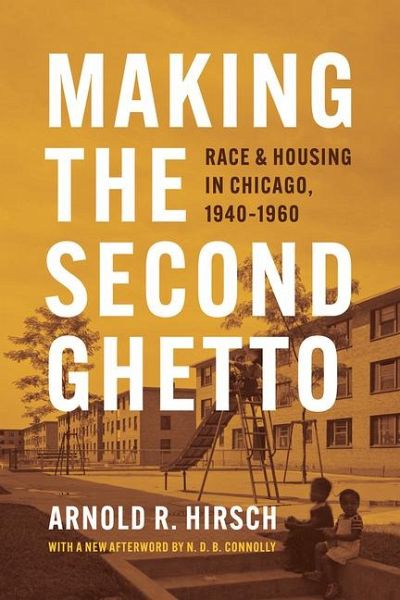
Making the Second Ghetto
Race and Housing in Chicago, 1940-1960

PAYBACK Punkte
9 °P sammeln!
"In this classic and groundbreaking work of urban history, Arnold Hirsch argues that after the Depression, Chicago was a "pioneer in developing concepts and devices" for housing segregation. Moreover, Hirsch shows that the legal framework for the national urban renewal effort was forged in the heat generated by the racial struggles waged on Chicago's South Side. His chronicle of the strategies used by ethnic, political, and business interests in reaction to the great migration of southern blacks in the 1940s describes how the violent reaction of an emergent "white" population combined with pub...
"In this classic and groundbreaking work of urban history, Arnold Hirsch argues that after the Depression, Chicago was a "pioneer in developing concepts and devices" for housing segregation. Moreover, Hirsch shows that the legal framework for the national urban renewal effort was forged in the heat generated by the racial struggles waged on Chicago's South Side. His chronicle of the strategies used by ethnic, political, and business interests in reaction to the great migration of southern blacks in the 1940s describes how the violent reaction of an emergent "white" population combined with public policy to segregate the city-and the nation. The new edition features a visionary afterword by N.D.B. Connolly"--




